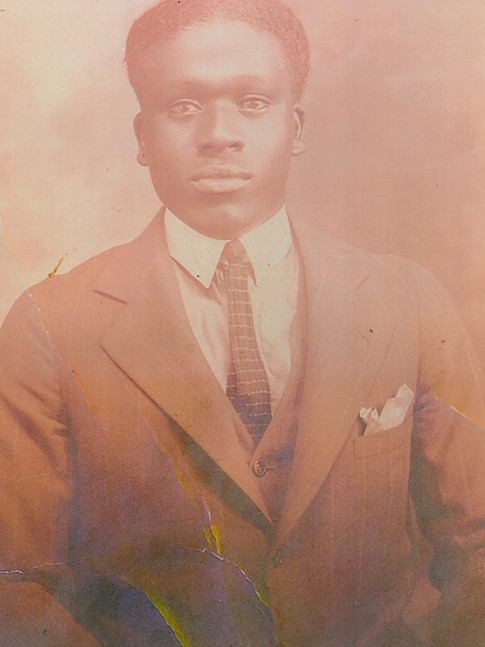A Pedacito Of Juneteenth
- Hassan Ansah
- Jun 19, 2021
- 3 min read
Updated: Jun 19, 2022
Spending a summer with my big sis in the Lonestar state of Texas was not only an adventure but also a learning experience. Transitioning between work and graduate school, I decided to lend a hand as my sibling taught ESL and cultural studies at Houston Community College.
Being both Yankees from the New Jersey area, we were unfamiliar with the intricate and in-depth history of Texas, especially the Afro-American holiday named Juneteenth. After listening to a lecturer speaking on the history of Texas and going into detail about this most unique of holidays, the professor asked two questions about Juneteenth: Is it a celebration of a gaudy illusion or that of a beautiful struggle?

Originally called Jubilee Day, Juneteenth is the longest-running Afro-American holiday in the country. It marks the day in 1865 when Union General Gordon Granger and his federal troops arrived in Galveston, Texas, and ensured that all enslaved people be freed.
He read general orders N0 3:
"THE PEOPLE OF TEXAS ARE INFORMED THAT IN ACCORDANCE WITH A PROCLAMATION FROM THE EXECUTIVE OF THE UNITED STATES, ALL SLAVES ARE FREE."

The arrival of federal troops came a full two and half years after the signing of the Emancipation Proclamation. The Emancipation Proclamation issued by President Abraham Lincoln on January 1, 1863, had established that only enslaved people in Confederate states in rebellion against union control were to be freed.
Because the state of Texas hadn't experienced any significant large-scale fighting or had a large presence of Union troops, slavery there continued in many parts of the state. Some slavers from other parts of the confederacy had moved there, as they viewed it as one of the last safe bastions for slavery.
With the news brought by General Granger, celebrations broke out among newly freed black people, and Juneteenth was born. The ensuing years saw freed blacks leaving Texas and spreading Juneteenth commemorations to over 47 states in the Union. Two years later, I would discover that some of my ancestors and family were participants.
Visiting with my Great Aunt Mary Thompson in the small town of Bellefonte, Pa, we were surprised to find out that this side of our family helped to found one of the first free black communities in the country.
They also played a significant role in the Underground railroad, as Bellefonte was one of the major destinations of both escaped slaves and freed blacks from the South.
Speaking further with Aunt Mary, I learned that both her brothers and father had volunteered in the Union's colored regiment during the Civil War and hence became familiar with Juneteenth celebrations early on.
She discussed some of the traditions and food recipes that were used in our family's early day commemorations: Jazz, gospel, and blues music, East Texas barbecues style cooking, dumplings, Jambalaya Rice with Beets, greens, and Brunswick stew.
Some foods held hidden, symbolic meanings such as apple pie, representing the hope of our American citizenship, beets: the blood of our ancestors, okra and gumbo soup: our vision to integrate into the larger American dream. There are many other activities, but the most encompassing one is the inter-generational bridge of hope and progress.
This never-ending desire that the next generation sees that freedom is still the never-ending striving of self, group, and nation and that, to endure, freedom must be self-achieved and self-achieving.


From the words of Ralf Ellison's book Juneteenth:
"To that Vanished Tribe into Which I was Born: The Afro-American."
My answer to that anonymous professor back in Texas: this celebration is "A Beautiful Struggle."
Want to know more? Are you interested in becoming a contributor for Pedacitos? We'd love to hear your stories! Send me a message and I will get back to you!


















Comments